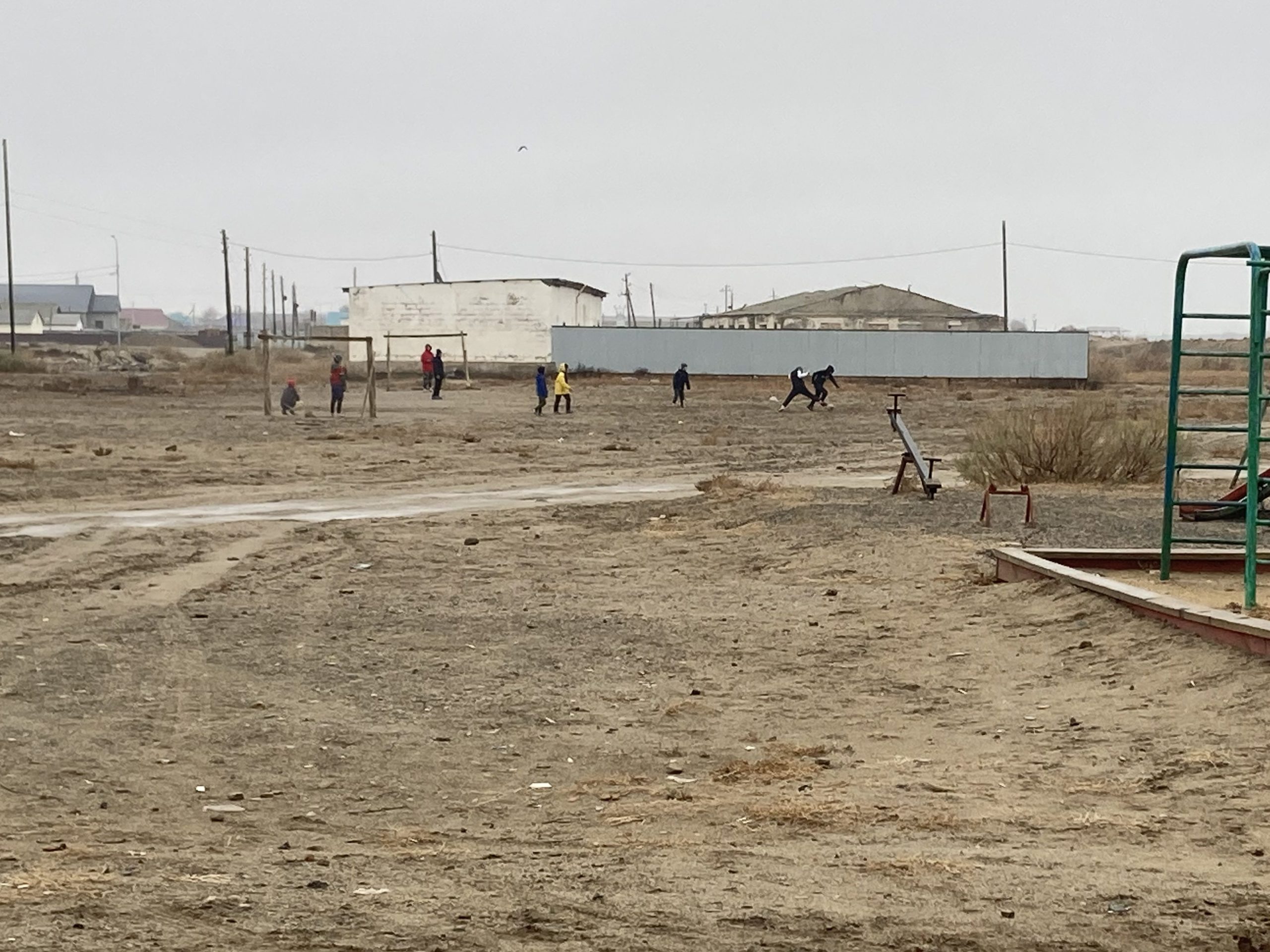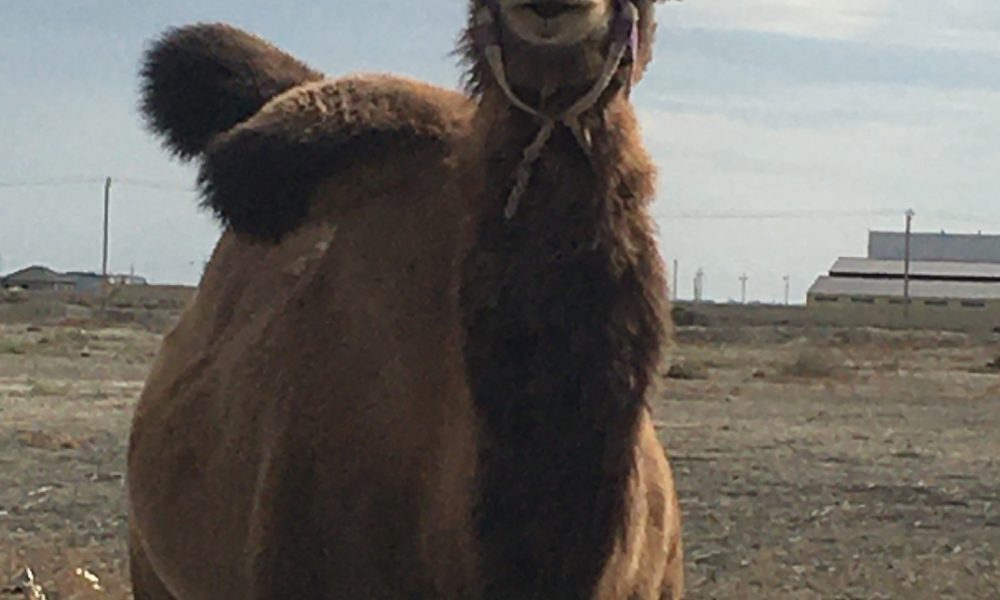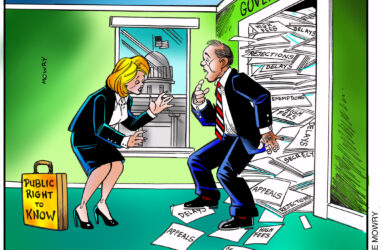By Anne O’Connell
ATYRAU, Kazakhstan – Nov. 20 dawned cold and gray as the sun rose in Western Kazakhstan. Days typically start later here on the wind-swept steppe, where the sun rises close to 9 a.m. But today is a very special Sunday, in that it is Election Day, a chance for the Kazakh people to choose a brand-new president to fulfill a seven-year term.
A few fun facts to note about this remote and mysterious country in Central Asia. Kazakhstan gained independence in 1991, the last of the Soviet Bloc countries to become sovereign.
It is extremely large – the ninth-largest country in the world (Texas times four), and the largest land-locked nation; yet it does have a navy. It shares the longest continuous international border in the world with Russia – 4,750 miles! It has three time zones, many different climates, and the city in which I live, Atyrau, has an airport that is located 72 feet below sea level – the lowest commercial airport in the world.
Kazakhstan has a rich and diverse culture of 120 ethnic groups and nationalities including indigenous Kazakhs, Russians, Uzbeks, Uyghurs, and Ukrainians.
My dearest friend Sholpan invited me to accompany her to her village south of Atyrau, called Damba, to witness her casting a vote for president. On the way down, she explained to me how voting works in Kazakhstan.
Throughout the brief history of Kazakhstan, the president serves a four-year term elected by the people. Kazakhstan’s first president was Nursultan Nazarbayev. President Nazarbayev continued to be elected over a 30-year period. There is no 22nd amendment equivalent in Kazakhstan. People became quite disbelieving of Nazarbayev’s repeated re-elections, often with overwhelming majorities.
The president is the only elected body in Kazakhstan. All other positions of power are by appointment.

Around 2019, many Kazakh people became suspicious, and unrest beheld the country. Nazarbayev decided to step down and appoint a new leader, Kassym-Jomart Tokayev, who remains in this position.
In January of this year, protests and riots plagued the nation, primarily over energy prices. The protesters took over the airport in Almaty (largest city), there were deaths, and even in Atyrau we were advised to stay home. School was canceled as police and the military tried to quell the violence and restore order. The internet was shut down for many days, people were advised to stay off the streets, and cash was necessary just to buy essentials. Many shops and merchants shuttered their doors.
Tokayev promised the Kazakh people free, fair, and uncorrupted elections later in the year in exchange for resuming peace. But during the summer, Tokayev convinced parliament to change the president’s four-year term to seven.
The polling location was in a small government building on the banks of the Ural River. We entered the building and posted on the wall a brief synopsis of Tokayev and five other candidates. They offered little information about their qualifications or ideas about how they were planning on running Kazakhstan. However, Sholpan had heard that one of the female candidates (there were two), decreed that women working outside of the home should be subjected to an additional tax. Of course, this was not listed in the voting location and none of the candidates did anything akin to campaigning.
I was not permitted to take any pictures inside, so my written account will have to suffice.
Upon entering the venue about 12 people were seated in high back chairs against a wall. I thought at first, they were waiting in line to vote but they were later identified as election minders. Sholpan and her aunt, who came with us, were the only people actively voting.
They presented their state identification to the magistrate who checked them off the list, sent them over to a pair of women who gave them their ballots, and then went into a draped booth. Since they were voting only for president, the whole process took them about 10 seconds. With such little information provided to them about the other five candidates, they voted for Tokayev by default. Ballots were then dropped into a clear plastic bag, to be counted later.
Compared to the United States, voting here is understated and an often-futile task. Since many of the candidates are unknown to the population, many Kazakhs feel it’s “better the devil you know, than the devil you don’t” and vote for the current president.
However, I truly admire the tenacity and participation of Kazakhs, and their hope of one day achieving a true democracy.
Anne O’Connell worked at Creswell High School as a science teacher for over 20 years. She retired in 2016, and has been working abroad for the past six years. Four years were spent in Chengdu, China, and now she teaches in Atyrau, Kazakhstan, with her husband, John.







